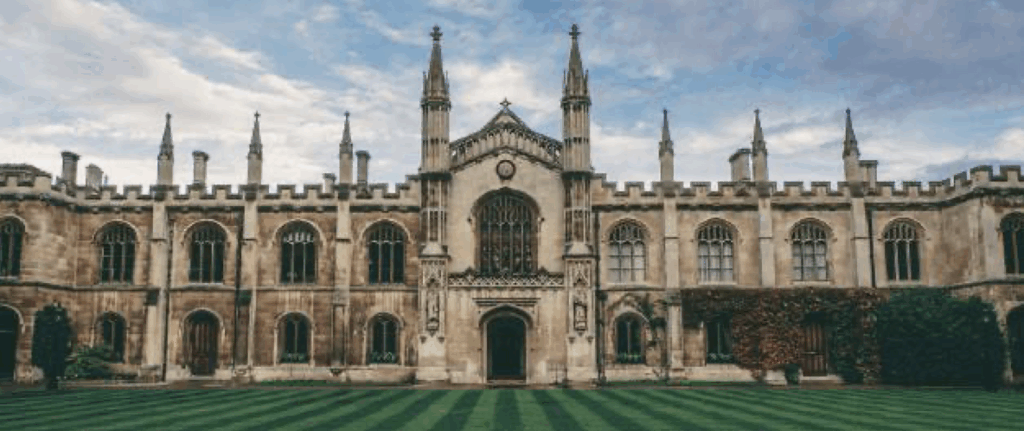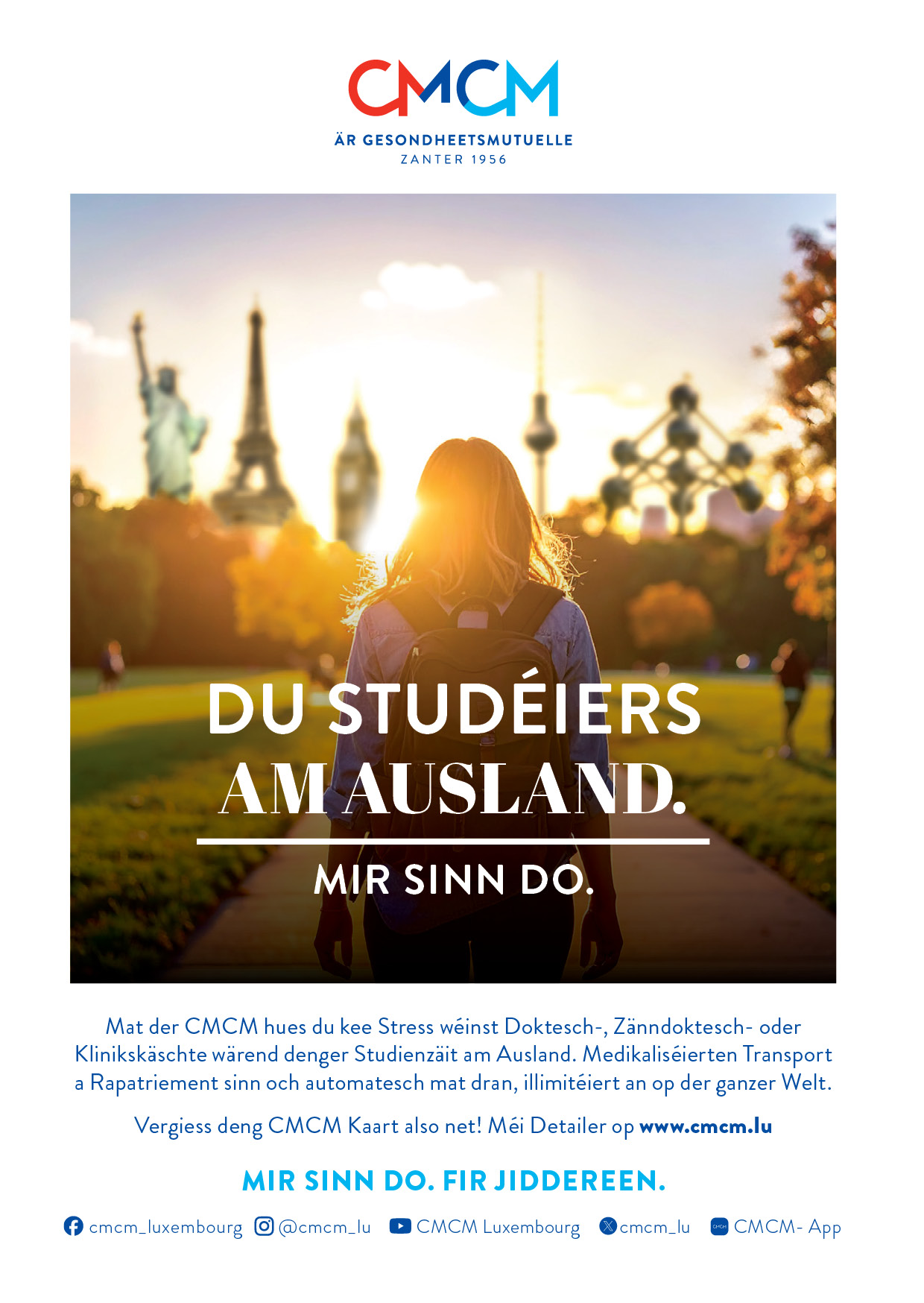-
United Kingdom
Living in the United Kingdom

You want to study or are studying a bit further away from home and still have one or two questions about life on the British Isles? Here you can find useful information about your student life in the United Kingdom. Read through this information on post-Brexit, halls of residence, and the Master of Arts!
What are the changes for students after Brexit?
The transition phase of Brexit, the United Kingdom’s withdrawal from the EU, is over. The following conditions now apply to Luxembourgish students:
Changes to the ‘status fees’ (tuition fees)
If you started your studies before 31 July 2021, you pay “home fees.”
All students who begin their studies after August 2021 pay “international fees.”
Visa for studying
If you are starting your studies in England, Scotland, Wales or Northern Ireland in September, you now need a visa in order to enter the United Kingdom. For this, you will also need a passport.
This student visa costs £524, and its validity depends on your programme and the duration of your studies.
As part of the visa application, you must also register for the healthcare surcharge. For students, the current fee is £776 per year.
To apply for a visa, you will need the following documents:
a valid passport
a confirmation from the university that you have been accepted for your studies (Confirmation of Acceptance for Studies [CAS])
Here you can find further information:
If you encounter difficulties during your stay in the United Kingdom, you can contact the embassy in London:
27 Wilton Crescent –
LONDON SW1X 8SD
Tel.: (+44-20) 7235 6961
londres.amb@mae.etat.lu
Brexit and Scotland
Unfortunately, in Scotland it is now the case that SAAS (Students Awards Agency Scotland) NO longer covers your university tuition fees.
Travel
The easiest and fastest way to get to England or Scotland is by plane. Unfortunately, there are no longer any direct flights to the Scottish capital. To travel to Scotland, you can either take the train or book a flight from Findel. However, in this case you will have to transfer, for example in Amsterdam, London, or Paris.
Hall of Residence
In the United Kingdom, most universities have their own student residences. These are usually furnished flats with a shared kitchen, a toilet, a bathroom, and sometimes a common room. This is known as a “hall of residence.”
Depending on the residence, you may have full catering, half-board, or no catering at all. In some residences, genders are separated, while others are mixed. Open days are often organised so that you can get an idea of the accommodation.
In most of these residences, students have to move to another flat after their first year at university. In some cases, it is possible to stay for more than one year if there is enough space.
It is often the case that you have to pay a deposit to live in a hall of residence. Heating, electricity, and water costs are usually included in the price.
Students do not have to pay the so-called “council tax,” whether they live in a student residence or rent a private flat.
In these residences, you often have to pay per laundry (dryer) load you do (around £3 per wash).
Student residences are usually located close to the university campus, so you don’t have to worry about expensive transport costs to get to university.
Another advantage of living in a hall of residence or university-managed flat is that you can manage everything online. In private rentals, you often — though not always — have to be on-site to sort out the formalities. In addition, private rentals usually require a so-called “guarantor,” a person living in the UK who guarantees that the rent will be paid. If you don’t know such a person, you usually have to pay several months’ rent in advance.
You can find more information at the following links:
Master of Arts
In Scotland, if you have studied for four years at a university and completed the so-called “Undergraduate Master,” this is not recognised in Luxembourg as a master’s degree and does not correspond to the traditional master’s programme.
“Master of Arts” is a misleading designation for a bachelor’s degree in Scotland. In plain terms, this means that the “Undergraduate Master” is only recognised in Luxembourg as a bachelor’s degree, even if the undergraduate programme lasts four years, i.e. eight semesters and is worth 240 ECTS credits. Anyone who is still motivated afterwards to pursue a “Postgraduate Master” can do so in one calendar year, which consists of three semesters.
It is also important to know that a bachelor’s degree is not measured by the number of years you spend at university or college, but by the number of ECTS credits you earn during your studies. At many English and Scottish universities, the ECTS system is not used; instead, they use their own credit system, where each year is allocated a flat number of points. The equivalence of ECTS to these “credits” is 1:2. Thus, for example, 30 ECTS correspond to 60 Scottish “credits.”




